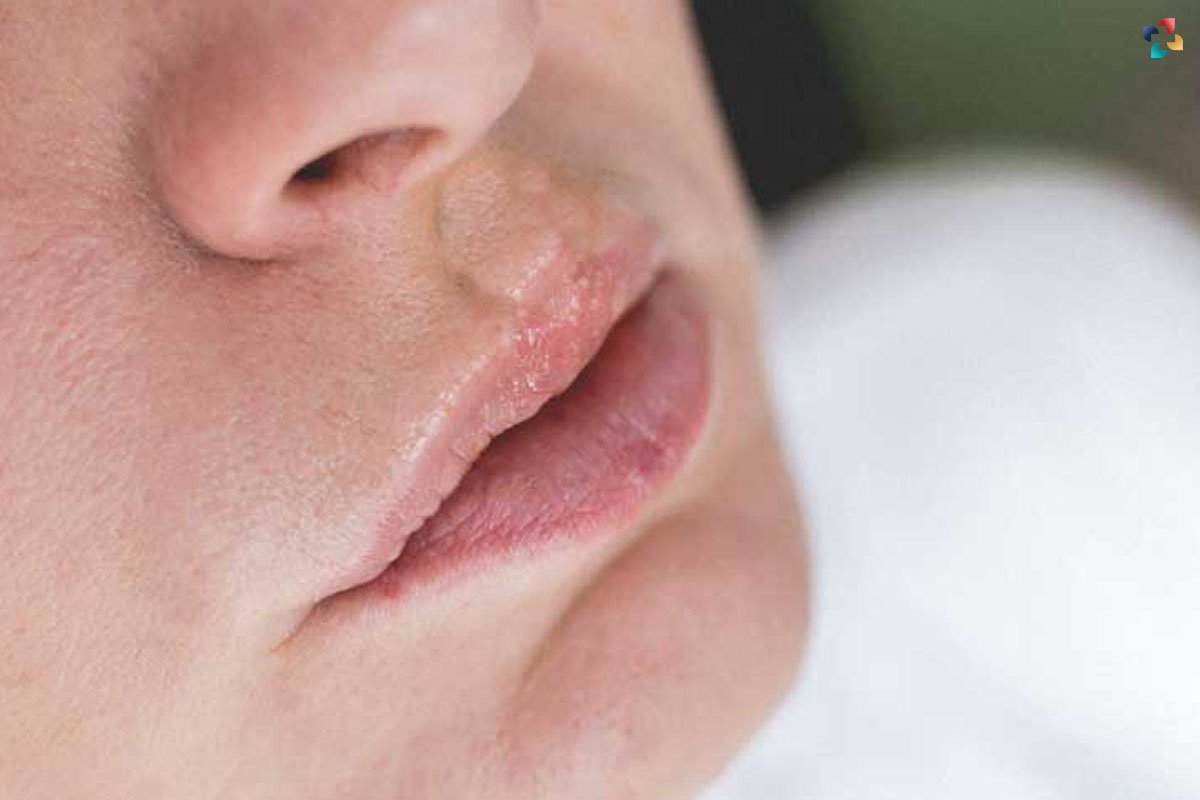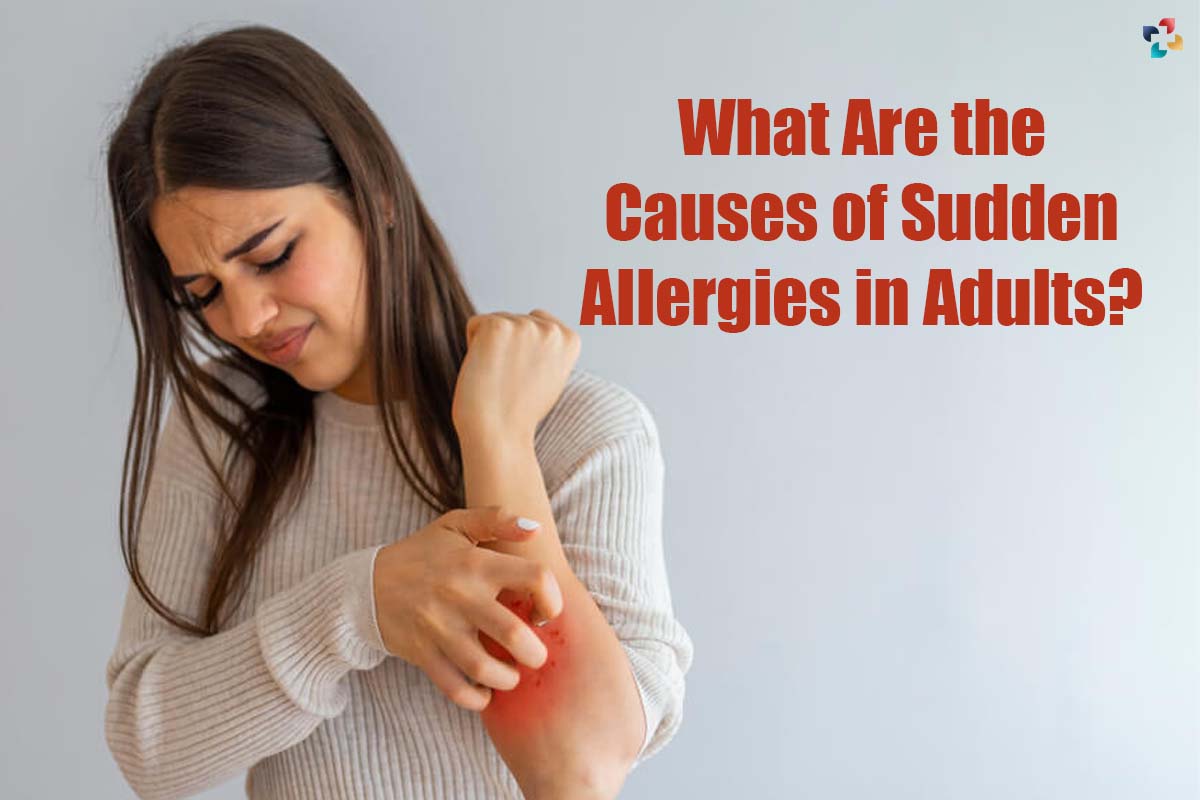While it is common to believe that causes of Allergies in Adults in infancy, the truth is that a significant number of people are taken aback when they are diagnosed with allergies for the very first time later in life. According to findings from recent research, close to half of all persons who have food allergies acquired at least one of their sensitivities as adults.
Even if you’ve never had any issues with pollen or other allergens in the past, it’s conceivable that you might develop adult-onset allergies later in life. Researchers aren’t quite certain what it is that triggers an immune system’s quick reaction to an allergen, but some of the possible explanations are as follows:
Here are the Causes of Allergies in Adults;
An allergic tendency that runs in the family: Causes of Allergies in Adults seem to have a hereditary component, although they may only manifest themselves at particular ages or in response to certain kinds of exposure. If other members of your immediate family have allergies, you may have a greater chance of getting allergies as an adult. This is known as the first-degree family effect.
Insufficient exposure during childhood: For your immune system to be able to build defenses against particular pathogens, it has to be exposed to certain bacteria throughout infancy. You may not have developed an allergy since you were not exposed to a sufficient number of germs when you were younger because your parents used excessive amounts of cleaning agents or antibacterial products in the house.

Excessive use of antibiotics throughout children has been linked in some research to increased Causes of Allergies in Adults later in life.
Changing your surroundings may lead you to be exposed to allergens that you had not been exposed to in the past. This might happen if, for example, you move to a new geographical region that has different flora, pollutants, or weather.
Infections or occurrences that are stressful:
- After putting your body through a stressful situation, whether it be physically or emotionally, you run the risk of developing adult-onset allergies.
- Infection of the throat is caused by the bacterium known as streptococci
- A critical disease or an operation
- Menopause
- Bereavement or divorce.

What are the symptoms of adult-onset allergies?
When it comes to allergies, symptoms have a tendency to worsen with time, and some of them may even pose a danger to the sufferer’s life. You should be on the lookout for the following frequent signs and symptoms, among others:
- Symptoms such as a runny nose or stuffy nose may be brought on by an allergen that is carried through the air, such as pollen, dust, or pet dander.
- It’s possible that allergens, such as pollen or the components in a new eye treatment, are what’s causing your eyes to get itchy and swollen.
- A rash that is red and white with raised bumps is known as urticaria. It is similar in appearance to nettle rash and goes away within twenty minutes. Urticaria is nearly always a symptom that you have had an allergic response to anything you have eaten.
- Lip, tongue, and facial swelling is the rarest but most deadly kind of allergic response, and it may occur very suddenly.
- It is possible that eating specific foods (such as peanuts or shellfish) or using certain medications, or even being stung by a wasp, caused the reaction.

May rapidly progress into anaphylactic shock, a potentially fatal condition characterized by swelling of the throat and airways along with increased effort required for breathing, and need prompt emergency medical intervention.
What are treatment options for sudden adult-onset allergies?
The good news is that allergic reactions are almost seldom life-threatening. There are several therapies that may be helpful, and the majority of them are accessible without a prescription at local pharmacies.
Before settling on a definitive diagnosis, your physician could first perform an allergy skin test on you. Your diagnosis and the severity of your symptoms will determine which therapy choices are available to you, which may include the following:
- Locating and avoiding known allergies requires investigation.
- Taking antihistamines
- Using nasal sprays or decongestants
- Always be prepared with an EpiPen in your possession (if you have a severe allergy that puts you at risk of anaphylactic shock)
- Immunotherapy, often known as allergy injections (if your symptoms do not improve with other treatment methods)
BOTTOM LINE
The underlying Causes of Allergies in Adults triggers are unclear, which is a frustrating fact considering how widespread they are. Although there are some individuals who go misdiagnosed for decades (perhaps experiencing milder, less bothersome symptoms that suddenly become more severe), a significant number of adults develop full-blown allergic reactions.







